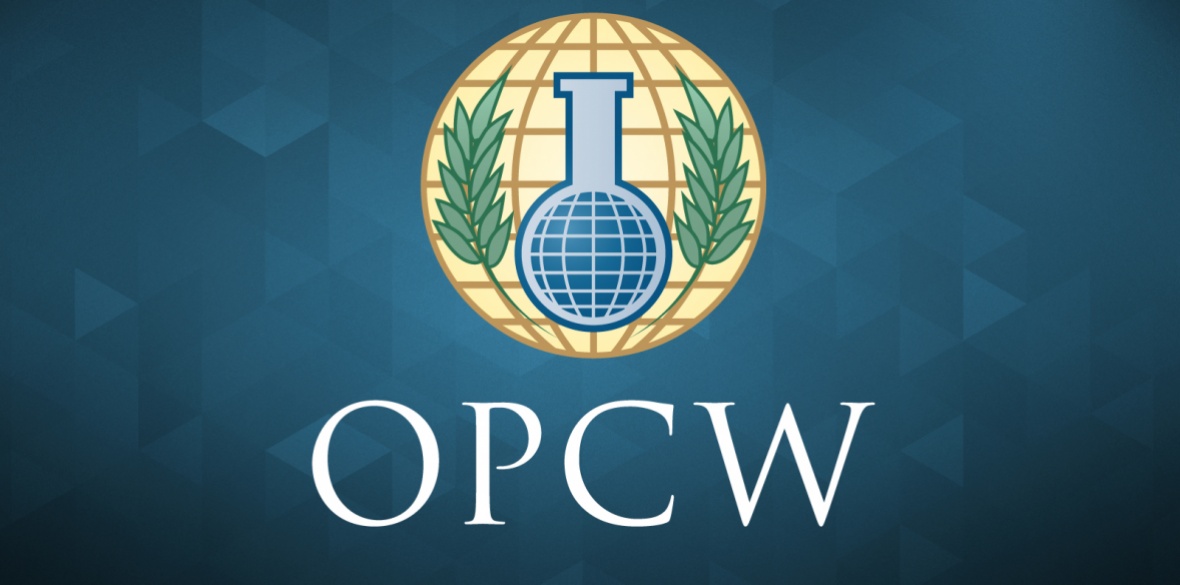This is the last article you can read this month
You can read more article this month
You can read more articles this month
Sorry your limit is up for this month
Reset on:
Please help support the Morning Star by subscribing here
THE Organisation for the Prohibition of Chemical Weapons (OPCW) has found itself at the centre of a political row after it issued a statement condemning Syria for using sarin and chlorine bombs against its own people.
In a statement released late on Thursday the chemical watchdog said that it had “reasonable grounds to believe that the Syrian Arab Republic used chemical weapons in Ltamenah … in March 2017.”
It claimed that the OPCW investigation and identification Team (IIT) had established that “the Syrian Arab Republic failed to declare and destroy all of its chemical weapons and chemical weapons production facilities” despite claiming to have done so.
The OPCW executive council said it “expresses deep concern that the Syrian Arab Republic did not co-operate with, and provide access to, the IIT.”
Damascus was given 90 days to tell the OPWC where “the facilities where the chemical weapons, including precursors, munitions, and devices, used in the March 24, 25, and 30 2017 attacks were developed, produced, stockpiled and operationally stored for delivery.”
Failure by the Syrian government to comply with the OPCW demand could lead to further action, including a referral to the UN security council.
But the decision exposed deep divisions within the controversial body. The statement was adopted by a vote of 29-3 in favour, with nine member states abstaining.
The credibility of the OPCW, which was established to monitor the 1997 chemical weapons convention, has been seriously damaged in recent years.
Both Russia and Syria have said that the OPCW is no longer fit for purpose, accusing it of being under the control of Western states including the US.
In 2018 it was granted powers to attribute blame for alleged attacks rather than simply establish whether or not chemical weapons had been used.
It has been involved in a string of cover-ups after whistleblowers, including senior OPCW investigators, alleged that information had been deliberately withheld and manipulated to blame Syria for a chemical weapons attack in Douma.
Last October, the OPCW dropped an investigation into the alleged use of white phosphorus by Turkey in northern Syria, claiming that it fell outside its remit.
The announcement allegedly came after pressure from Nato member states and just days after Turkey made a €30,000 (£26,000) donation to the chemical watchdog.









